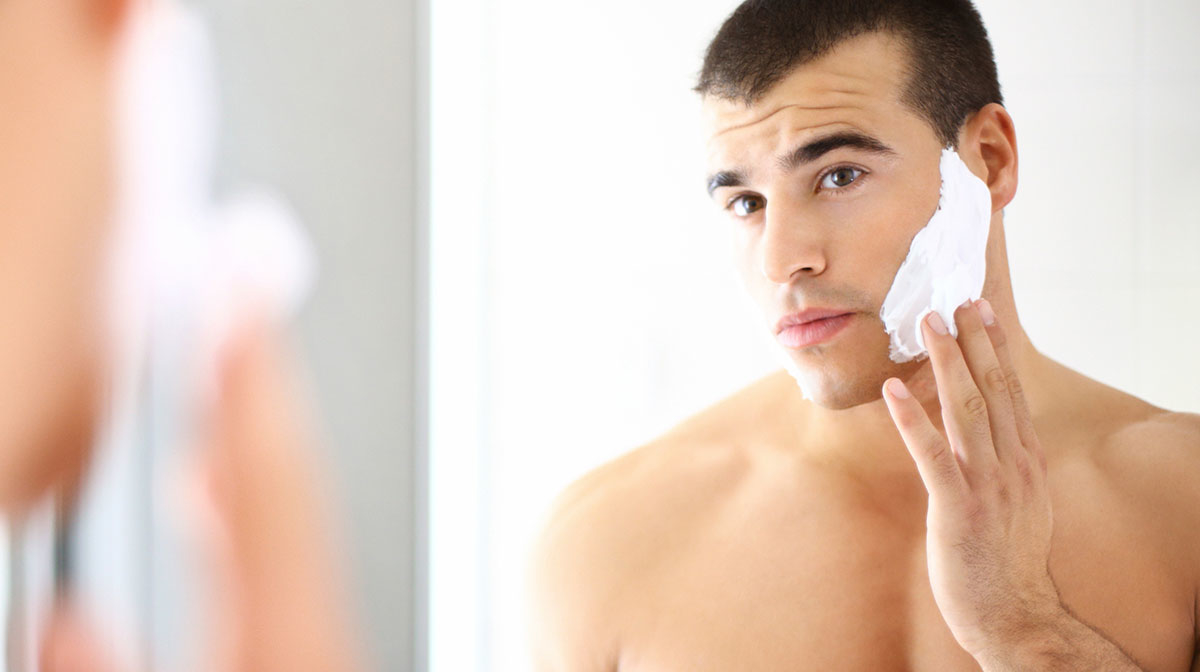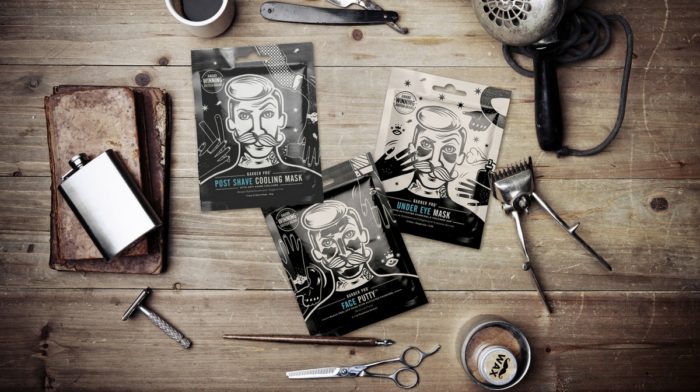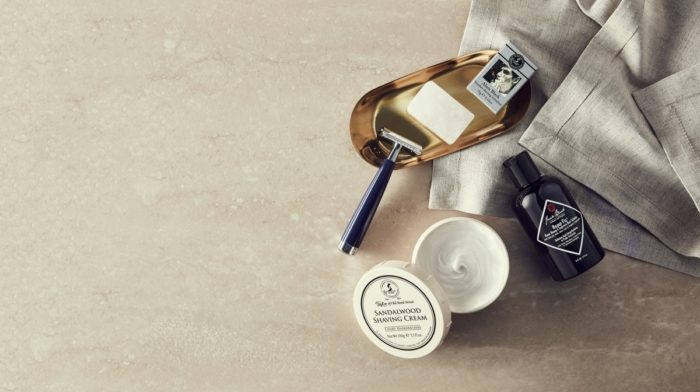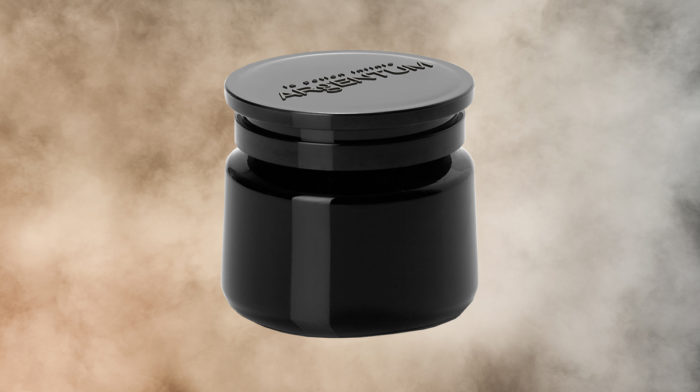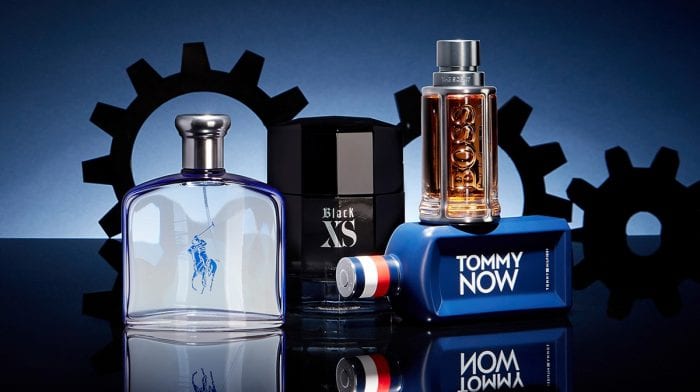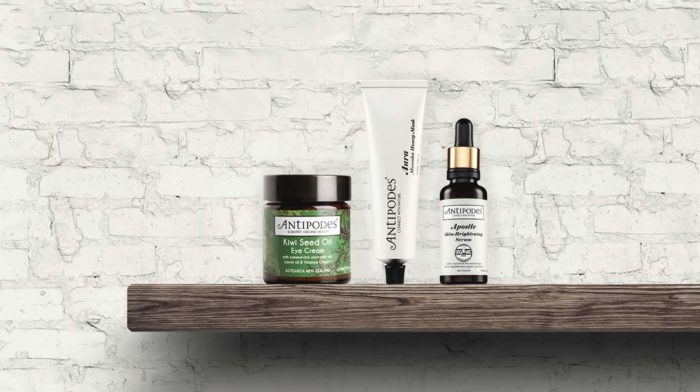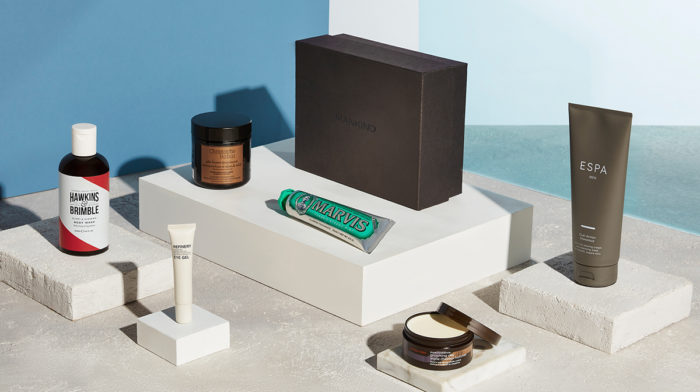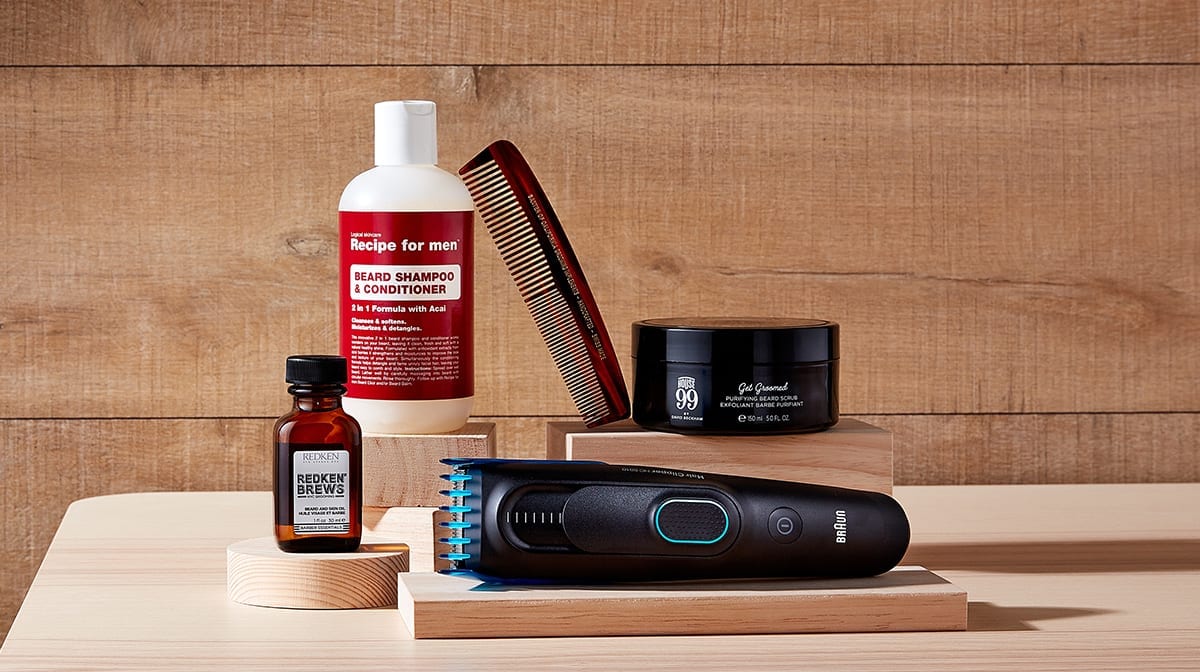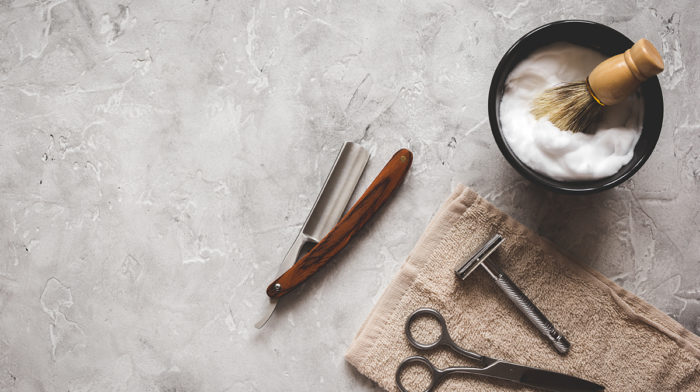Mild acne is characterised by blackheads, spots and pimples whilst the more severe form (Acne Vulgaris) also has painful, blind cysts, inflammation and infection. Severe acne can appear very red and sore and should always be referred to a doctor.
Acne begins with excess oil (sebum) production. This is directly caused by hormone over-activity. Skin cells normally shed themselves naturally about every 28 days. In acne prone skin however the skin shedding happens faster and the dead cells can get stuck in the follicle opening (keratinisation) causing blockages, which in turn cause plugs of hardened sebum (blackheads). Sebum is produced to protect the skin and keep it supple, but when there is too much the skin becomes excessively oily and the pores block. The presence of bacteria then produces pus which turns the blackheads into whiteheads. In severe cases cysts and painful swellings can then develop. The cysts can rupture and cause scars and a pitting of the skin. Try Murad Pore Reform Blackhead and Pore Clearing Duo.
What Can You Do About Handling Acne?
All cases of severe acne should always be referred to your GP who will probably prescribe antibiotics and possibly some hormone or topical treatments. If the acne is severe you may be referred to a dermatologist.
The skin must be kept clean and the excess oil controlled. You will need to wash your face twice a day with something like Menscience Advanced Acne Facial Pads, or cleansing bar that is not too harsh. Always rinse off with running water and blot dry with a clean towel.
